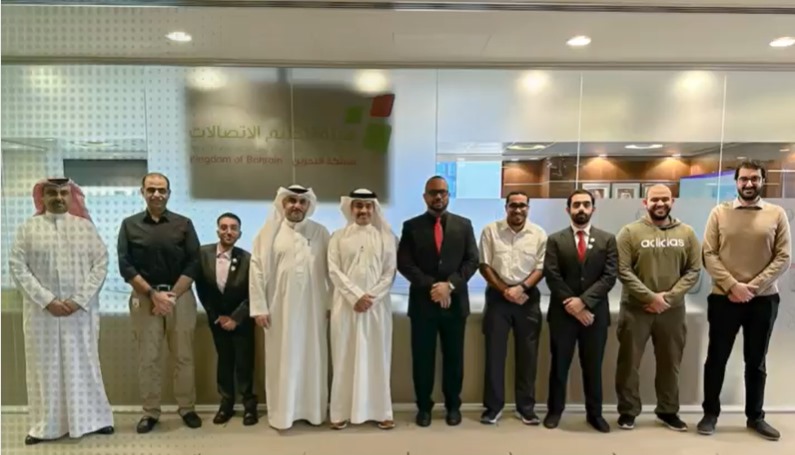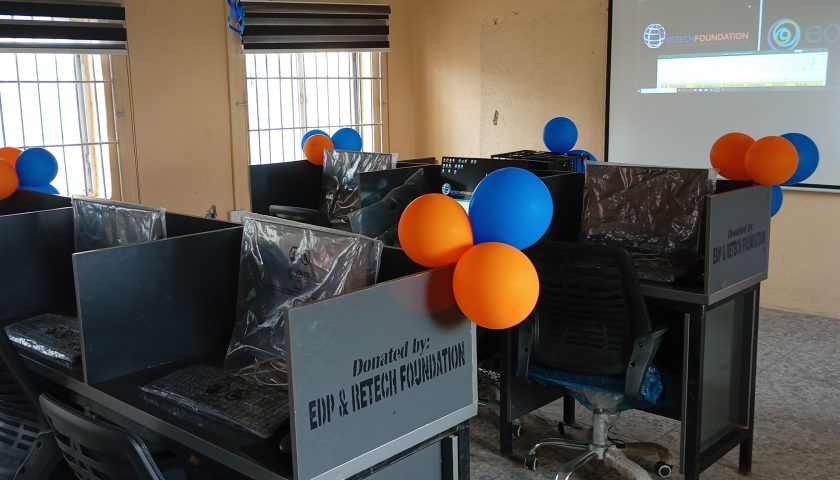Tech companies including Google, Facebook and Twitter will work with G7 countries to block the spread of extremist content online.
Earlier this year, G7 leaders backed Theresa May’s call for a crackdown on extremist content online.
After a two-day meeting on the Italian island of Ischia, the nations and the world’s largest web companies have pledged to remove all jihadist content from the web within two hours of it being uploaded.
“Our enemies are moving at the speed of a tweet and we need to counter them just as quickly,” said acting US Homeland Security Secretary Elaine Duke.
The UK, Canada, France, Germany, Italy, Japan and the US, said they had called on the technology giants to work with smaller companies to strengthen counter-terror work online.
British Home Secretary Amber Rudd said that progress had been made on the issue of terrorist material on the web but stressed that “companies need to go further and faster to not only take down extremist content but also stop it being uploaded in the first place.”
YouTube’s owner Google declined to comment on the agreement to Sky News, but had said on 17 October: “Terrorist and violent extremist material should not be spread online.
“We will continue to heavily invest to fight the spread of this content, provide updates to governments, and collaborate with other companies through the Global Internet Forum to Counter Terrorism.”
The difficulties in distinguishing extremist content from material that is of value to the public, such as evidence used by journalists or criminal prosecutors, was highlighted earlier this year.
YouTube was criticised in August for deleting video evidence relating to potential war crimes in Syria as part of its work to remove terrorist content and propaganda from the platform.
Following the liberation of Raqqa from Islamic State, the meeting also focused on the threat posed by jihadists returning to their home nations under the guise of asylum seekers.
Tens of thousands of EU citizens are believed to have joined Islamic State since 2014.
EU Council President Donald Tusk has pledged increased funding to address migrant smuggling routes across the Mediterranean from Libya to Italy.
In August, researchers found that people smugglers offering to illegally transport people into Europe were advertising their services openly on Facebook.
Source: today.ng





